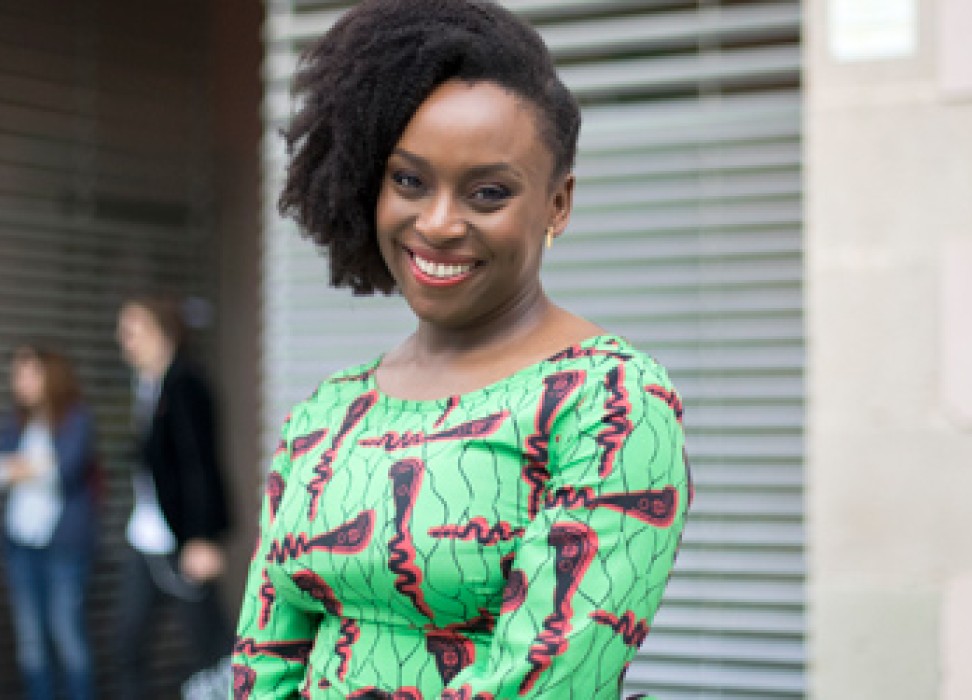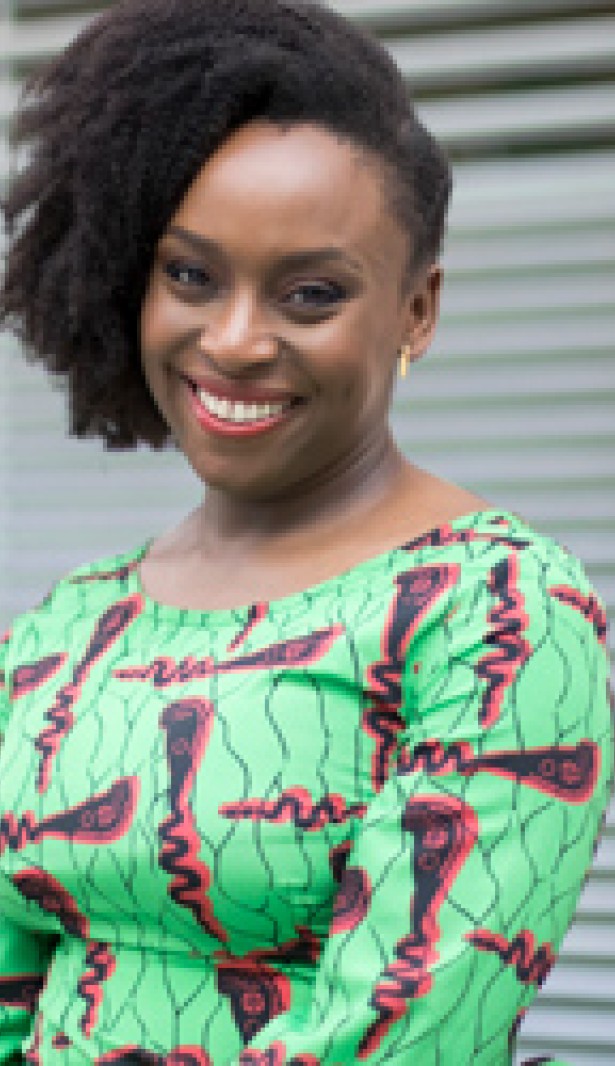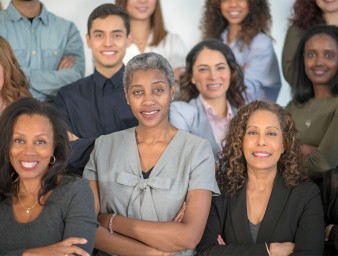Diverse stories key to improving women’s rights
08 March 2018

Changing the way women are treated globally should not simply be left in the hands of governments and policy makers, said best-selling author Chimamanda Ngozi Adichie. Changing policies and laws will have no effect if mindsets remain the same and if the stories about women stay mired in discrimination.
“Popular culture becomes very important because it is a way to start to challenge people stereotypical ideals,” she said. “I think it’s important to have diverse stories of diverse women in diverse roles and to make that ordinary and to make that common so that we can start thinking differently about what is possible for women.”
Adichie spoke during an interview to celebrate International Women’s Day with the UN Human Rights Office. A well-known supporter of women’s rights and feminists issues, she helped fuel the popular conversation on women’s rights through essays and TED talks including “The danger of a single story” and “We should all be feminists,” part of which was sampled by pop singer Beyoncé in her song “Flawless.”
Adichie said her staunch support of women’s issues came from growing up and observing that the world did not grant women the same dignity and the same opportunities as it granted men.
“My message is an obvious one, that men and women are equal and we have to create a world where men and women are equal,” she said. “I say that because today, everywhere in the world the reality is that there is no real equality, not equality of opportunity, (or) equality of dignity.”
With the 70th anniversary of the Universal Declaration of Human Rights (UDHR) taking place this year, Adichie said that while now was a good time to reflect on achievements made in terms of women’s rights, it was not the time to rest on laurels.
“I think it has to be a very considered, almost guarded celebration,” she said. “In celebrating things we have to contextualize. It is a way to say look how far we have come but look how much we still have to do.”
Chimamanda Ngozi Adichie will read from her latest work “Dear Ijeawele…” during the International Film Festival Forum on Human Rights (FIFDH) in Geneva.8 March 2018




